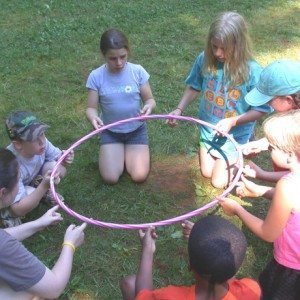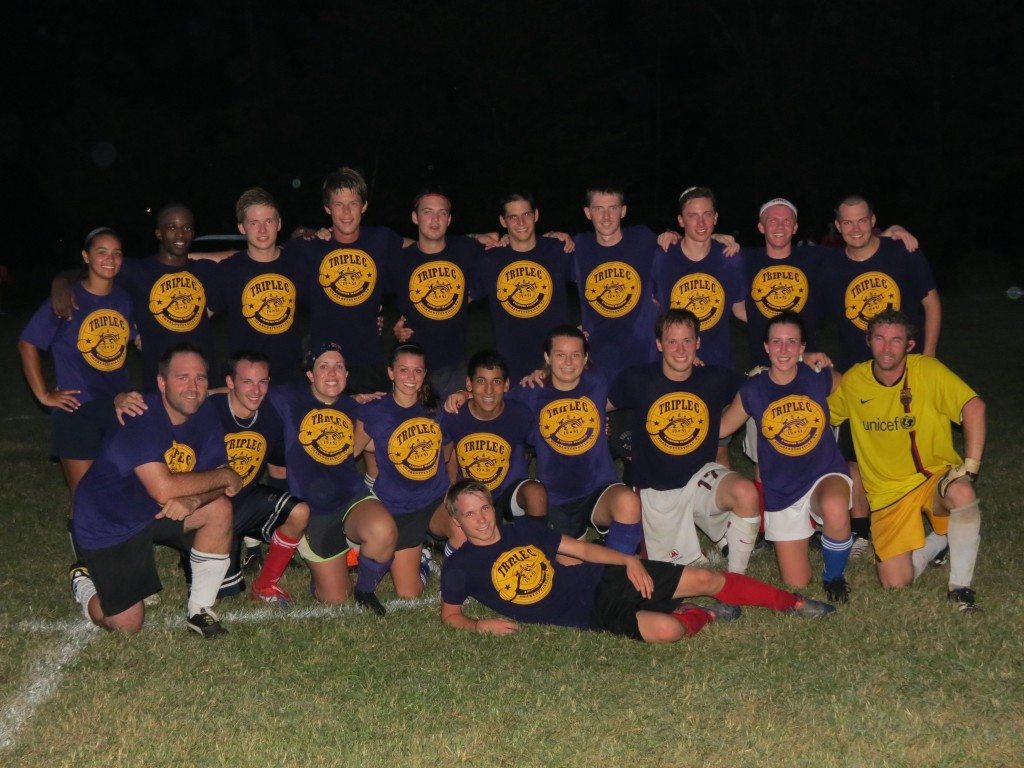There are a variety of different images that pop into people’s heads when they hear the words summer camp. This is based on personal experinces, actually attending camp, visiting a camp, seeing camp in a movie, or family camping trips. Many people are not aware of the professional level of camping around the world. The American Camp Association is a community of camp professionals who, for over 100 years, have joined together to share knowledge and experience and to ensure the quality of camp programs. Thre are over 11,000 members, a full board of experience from many walks of life, and relationships with top business executives around the world.
As a leading authority in youth development, ACA works to preserve, promote, and improve the camp experience. The association is committed to helping camps provide:
- Camp communities committed to a safe, nurturing environment
- Caring, competent adult role models
- Healthy, developmentally appropriate experiences
- Service to the community and the natural world
- Opportunities for leadership and personal growth
- Discovery, experiential education, and learning opportunities
- Excellence and continuous self-improvement
When an organization operates at this level, impacting this many people… it craves statistical data, which is obtained thru research.
The American Camp Association continually does research to support the values of camp. Currently an impact study is ongoing to identify distinct and transferable outcomes of the camp experience among emerging adults who attended camp as a child. Specifically, the research team is exploring the outcomes of camp that are distinct from other developmental contexts, such as school and sports, how camp participants use those outcomes to navigate work and school, and what happened at camp to facilitate outcome development.
Early findings
Because of the exploratory nature of this phase, it is important to consider these findings as emergent rather than conclusive or generalizable across all campers or all camp experiences.
- Camp appears to be a key context for developing relationship skills. This is consistent with past research on camp, but Phase 1 findings suggest that the relationship skills young people gain at camp might play a role beyond the camp experience.
- As a context for developing relationship skills, preliminary findings suggest that camp is an integral part of a young person’s overall learning, alongside school and other educational contexts.
- Camp is a unique learning experience that appears to promote skills transferable to 21st century school and work contexts.
- Preliminary findings suggest that camp is a safe place for young people to explore who they are and how they want to be viewed by others.
- Camp gives campers the opportunity to practice being around and appreciating people with attitudes, values, and abilities different from their own.
- Phase 1 themes suggest that camps promote camper outcomes through robust programmatic structures and processes distinct from other youth development experiences. These include:
- Prioritizing experiential learning in structured activities and during unstructured time;
- Meaningful interactions with caring, compassionate staff who serve as teachers and facilitators, and possibly near-peer role models;
- Small group experiences;
- Among overnight opportunities, communal living that is away from home.
As a Camp Professional I love what I do. Camp Professionals can share experiences, give programmatic examples, site specific data for their camp demographics, and tell feel good stories all day long. It is nice to have a full professional research team investigating and validating thru statistics, what we at Triple C Camp “know in our hearts” – Camp gives kids experiences that will far outlast a summer.
References:
https://www.acacamps.org/about/who-we-are
https://www.acacamps.org/resource-library/research/research-reports




 Today, they have to pay several hundred dollars in program fees to a company to help organize a visa. They must make an appointment sometimes a thousand miles from their home at an U.S. embassy, they must be excepted into the program and they must leave the country on a designated date. If any of these procedures are not adhered to, they get red flagged and may not be able to come back into the U.S….ever!
Today, they have to pay several hundred dollars in program fees to a company to help organize a visa. They must make an appointment sometimes a thousand miles from their home at an U.S. embassy, they must be excepted into the program and they must leave the country on a designated date. If any of these procedures are not adhered to, they get red flagged and may not be able to come back into the U.S….ever!
 The camp really benefits. Not only do our campers get to learn about different accents, cultures, experiences, etc. we learn games from other countries like netball, cricket and touch rugby. Our international staff are the backbone of our camp and are so dedicated and committed to our campers, it is very special.
The camp really benefits. Not only do our campers get to learn about different accents, cultures, experiences, etc. we learn games from other countries like netball, cricket and touch rugby. Our international staff are the backbone of our camp and are so dedicated and committed to our campers, it is very special.
![sign_to_day_camp_color[1]](http://tripleccamp.vibethink.net/wp-content/uploads/2014/03/sign_to_day_camp_color1-350x250.jpg) In the state of Virginia, child care licensing REQUIRES day camps to become licensed. This is very reasonable for a camp like ours. All the procedures are put into place for child care centers. and we are a child development program personified! So, when the licensing staff from the county come to us, they are so appreciative of how organized and ready we are for them. Truth is the
In the state of Virginia, child care licensing REQUIRES day camps to become licensed. This is very reasonable for a camp like ours. All the procedures are put into place for child care centers. and we are a child development program personified! So, when the licensing staff from the county come to us, they are so appreciative of how organized and ready we are for them. Truth is the